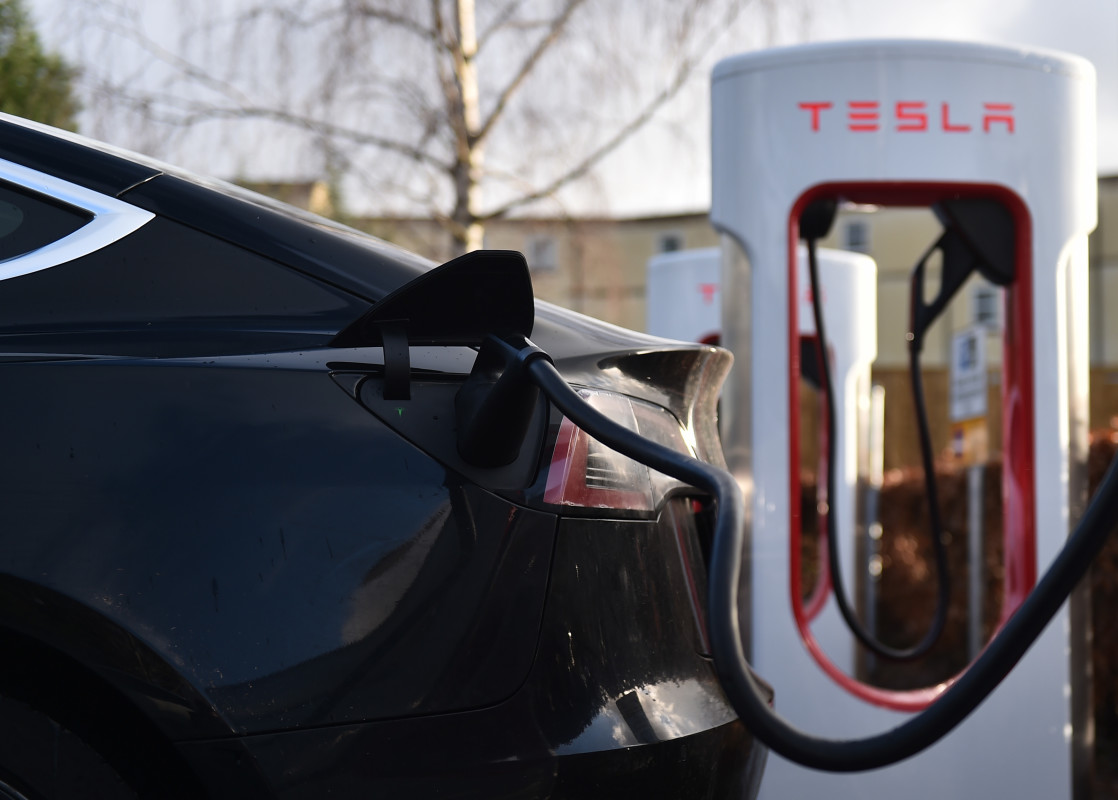
Canada is expected to unveil new regulation Tuesday that will require all new vehicles sold to be zero-emission by 2035, a senior government source told CBC.
The regulation, referred to as the Electric Vehicle Availability Standard, is designed to ensure that automakers will be able to produce enough electric vehicles to meet Canadian demand.
The government official said that the regulation comes amid concerns that the U.S. will dominate the supply of zero-emission EVs.
Related: Electric vehicle charging CEO sees a 'bright future' ahead for EVs
How it will work
The source explained that the regulation will enact a credit-based system. Automakers — not dealers — will be able to earn credits based on the number of low-emission and zero-emission cars they sell; their credits will then determine if they are properly following the new rule.
Automakers can earn early credits by bringing more EVs to market before compliance requirements for 2026 set in. And they can earn more credits if they choose to help build out EV charging infrastructure.
Credits can be sold and purchased by automakers, the source said.
The regulation will begin applying to model year 2026 vehicles; Canada's goal is that 20% of all vehicles sold in 2026 will be zero-emission. That share will rise to 60% by 2030 and 100% by 2035.
"Instead of attempting to dictate what individuals have to purchase, we suggest that the government create the right set of circumstances to stimulate demand," Tim Reuss, of the Canadian Automobile Dealers Associate, told CBC.
Related: Here's the full story behind electric vehicle adoption
EVs in America
Reuss' statement echoes a similar sentiment made by a coalition of thousands of car dealers who recently told President Joe Biden that his EV targets are too optimistic, saying that the consumer just isn't ready to make the shift to all-electric.
Canada's upcoming policy, which, according to governmental analysis could prevent the release of about 430 million tons of harmful emissions, mirrors a similar policy that is growing in popularity in the U.S.
California's Advanced Clean Cars II rule requires all new cars sold in the state to be zero-emission by 2035. The regulation will require 35% of all cars sold to be zero-emission by 2026, a number that rises to 68% by 2030 before reaching 100% by 2035.
A total of 17 states have thus far adopted at least part of California's Advanced Clean Cars II rule, including New York, New Jersey, Washington and Oregon.
These regulatory pushes toward more EVs come as the sector has been stumbling lately. Though sales continue to grow, the rate of that growth has tumbled hard in 2023, compared to the previous year.

And automakers have taken note, with Ford (F) -) recently saying that it will cut production on its F-150 Lightning roughly in half next year, a move that came several weeks after the automaker announced a $12 billion reduction in EV investments.
General Motors (GM) -) has announced similar pullbacks in EV lineups, and Tesla (TSLA) -) spent much of 2023 engaged in a desperate price war to entice wary buyers to make the shift to all-electric.
Despite these hiccoughs, Brendan Jones, CEO of Blink Charging, recently told TheStreet the industry is moving toward all-electric. And electrification regulations will help bring that future within reach.
"The reality is that the transition is going to come," Jones said. "So when you start to add it up, that's a very bright future for this country."
Contact Ian with tips via email, ian.krietzberg@thearenagroup.net, or Signal 732-804-1223.
Related: New report highlights a major speedbump to mass electric vehicle adoption
Get exclusive access to portfolio managers’ stock picks and proven investing strategies with Real Money Pro. Get started now.







